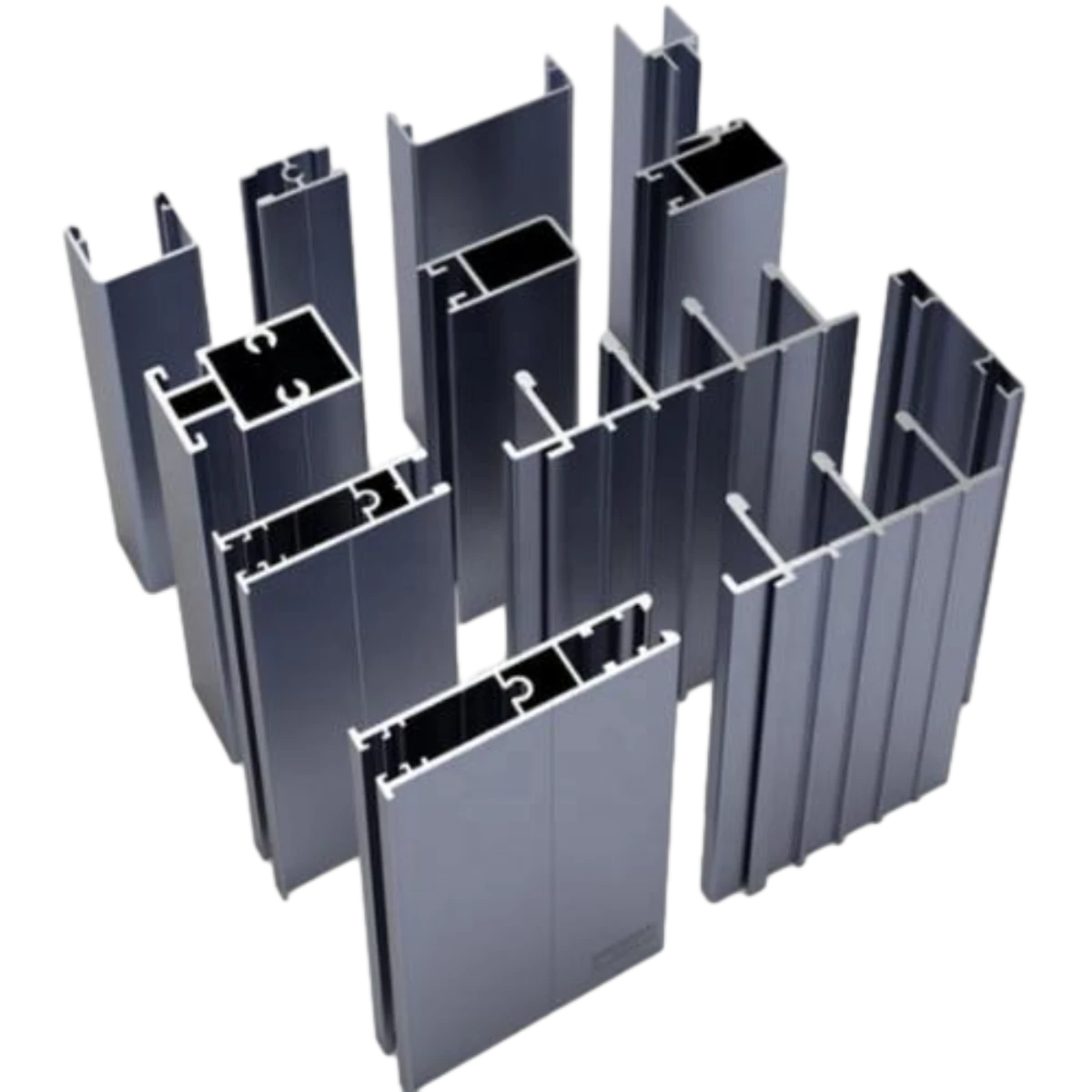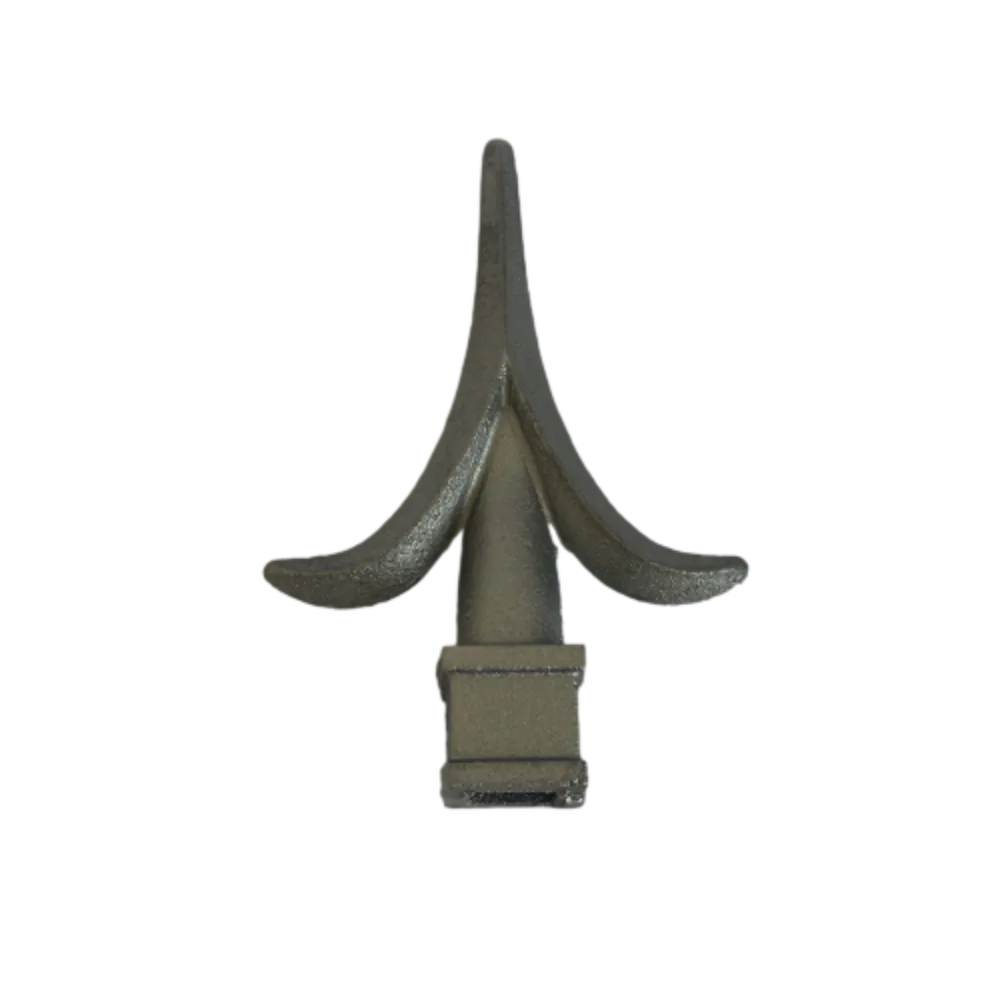Durable Steel Collars for Fence & Post Installations
Understanding Steel Collars: Industry Trends and Core Applications
The landscape of industrial components is continuously evolving, driven by demands for enhanced durability, precision, and cost-efficiency. Within this dynamic environment, steel collars stand out as indispensable elements across a myriad of sectors, from heavy machinery and automotive industries to architectural ornamentation and piping systems. Current industry trends highlight a significant push towards advanced material compositions, particularly for applications requiring superior corrosion resistance, high tensile strength, and fatigue endurance. Manufacturers are increasingly adopting specialized alloys and sophisticated heat treatment processes to meet stringent performance requirements, especially in harsh operational environments such as marine, chemical processing, and oil and gas exploration. Furthermore, the integration of smart manufacturing technologies, including IoT-enabled monitoring and AI-driven quality control, is revolutionizing the production of these components, ensuring unprecedented levels of dimensional accuracy and structural integrity. This technological shift not only optimizes production costs but also extends the operational lifespan of machinery, thereby contributing to sustainable industrial practices. The market is also witnessing a growing demand for customized solutions, moving away from off-the-shelf products towards tailor-made designs that precisely fit unique application specifications, covering everything from intricate decorative collars in architectural railings to heavy-duty steel collars used in large-scale construction. This necessitates a close collaboration between manufacturers and clients, fostering innovation in design and material science.
The core applications for steel collars are incredibly diverse, reflecting their fundamental utility in securing, spacing, and locating mechanical components. In the petrochemical industry, for instance, robust steel collars are critical for providing structural support to pipelines and securing connections in high-pressure, high-temperature environments, where their resistance to corrosive media and mechanical stress is paramount. Similarly, in the metallurgy sector, these components are integral to various stages of metal processing, from holding workpieces in precision machining operations to ensuring the stability of rollers in rolling mills. The water supply and drainage sector heavily relies on specialized steel collars and cast iron collars for leak-proof pipe connections and seismic bracing, enhancing system resilience against external forces. Beyond these heavy industrial applications, the aesthetic appeal and structural functionality of decorative collars, including cast iron post collars and picket collars, make them a popular choice in architectural and ornamental ironwork. These products are not merely decorative; they often provide critical structural support and concealment for welds or connection points, elevating the overall aesthetic and longevity of structures like fences, gates, and stair railings. The versatility of these components is further highlighted by their use in motion control systems as shaft collars, where they prevent axial movement, secure bearings, and provide a stopping surface for rotating parts, showcasing their critical role in ensuring operational efficiency and safety across countless mechanical systems. The ability of manufacturers to produce a wide array of steel collars, including specialized types like cast iron collar and bushings, with precise dimensional tolerances and specified material properties, is key to meeting these varied industrial demands.
Manufacturing Excellence: The Process Behind High-Performance Steel Collars
The production of high-quality steel collars is a complex, multi-stage process that combines traditional metallurgical techniques with modern precision engineering. It typically begins with the careful selection of raw materials, such as various grades of carbon steel, alloy steel, or stainless steel (e.g., ASTM A36, AISI 1018, 304, 316), chosen specifically for their intended application's mechanical and chemical requirements, particularly their tensile strength, yield strength, and corrosion resistance. The primary manufacturing processes include casting, forging, and CNC machining. Casting, often used for cast iron collars and decorative collars, involves pouring molten metal into molds, which allows for intricate designs and cost-effective production for high volumes. Forging, conversely, imparts superior strength and grain structure by shaping solid metal under extreme pressure, ideal for heavy-duty industrial steel collars requiring maximum durability and resistance to dynamic loads. Following these initial shaping stages, components undergo precision CNC (Computer Numerical Control) machining, where automated tools precisely cut, drill, and finish the collars to achieve tight dimensional tolerances and specified surface finishes, crucial for optimal fit and function in complex assemblies. This ensures that features like bore diameters, outer diameters, and face run-out meet exact engineering specifications, guaranteeing reliable performance.
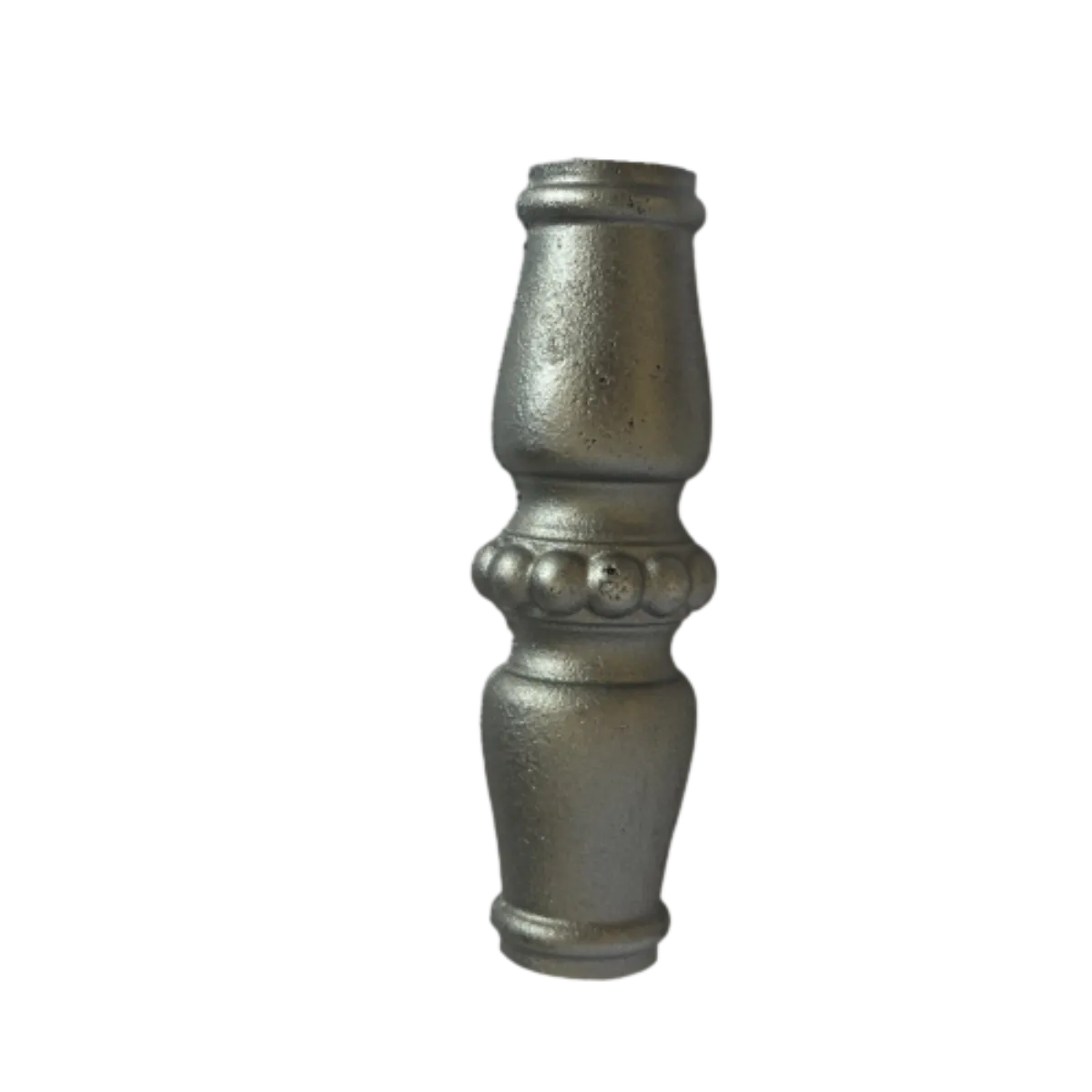
Post-machining, many steel collars undergo various heat treatments, such as hardening, tempering, annealing, or normalizing, to optimize their metallurgical properties, including hardness, toughness, and wear resistance, thereby extending their service life significantly, especially in abrasive or high-stress environments. Surface treatments like galvanization, powder coating, or black oxide finishes are applied to enhance corrosion resistance and aesthetic appeal, particularly for decorative collars and components exposed to external elements. Quality assurance is integrated throughout the entire manufacturing workflow. This includes rigorous inspection standards such as ISO 9001 for quality management systems and adherence to specific material standards like ASTM (American Society for Testing and Materials) and ANSI (American National Standards Institute) for dimensional and performance specifications. Non-destructive testing methods, including ultrasonic testing, magnetic particle inspection, and visual inspections, are routinely performed to detect any internal or surface defects, ensuring every steel collar meets or exceeds industry benchmarks. The typical service life of a well-manufactured steel collar can span decades, depending on its material, application, and environmental conditions, offering long-term reliability. In critical applications like those in the chemical processing or oil and gas industries, the superior corrosion resistance and precise fit achieved through advanced manufacturing and stringent quality control translate directly into enhanced system safety, reduced maintenance downtime, and significant energy savings by preventing leaks and optimizing fluid flow.
Technical Specifications and Performance Metrics of Steel Collars
Understanding the technical parameters of steel collars is paramount for selecting the appropriate component for specific industrial applications, ensuring optimal performance and safety. These parameters typically include material composition, which dictates tensile strength, yield strength, and elongation; dimensional specifications such as inner diameter, outer diameter, and width, crucial for precise fitting; and surface finish, impacting friction and corrosion resistance. For instance, in high-load scenarios, a steel collar made from AISI 4140 alloy steel, heat-treated to achieve a Rockwell hardness of 28-32 HRC, might offer a tensile strength exceeding 1000 MPa and a yield strength over 800 MPa, making it suitable for heavy machinery shafts subject to significant torque. In contrast, for environments requiring superior corrosion resistance, such as marine or chemical plants, 316 stainless steel collars provide excellent resistance to chlorides and acids, even though their mechanical properties might be slightly lower than some alloy steels. The concentricity and perpendicularity of the collar's bore and faces are also critical metrics, directly influencing component alignment and reducing wear on adjacent parts. These precision measurements minimize vibrational effects and extend the life of bearings and shafts, thereby enhancing the overall efficiency and longevity of the mechanical system.
Typical Steel Collar Parameters
| Parameter | Common Grades/Values | Application Significance |
|---|---|---|
| Material Grade | 1018 Carbon Steel, 304/316 Stainless Steel, 4140 Alloy Steel, Cast Iron (for cast iron collars) | Determines strength, hardness, corrosion resistance, and machinability. |
| Inner Diameter (Bore) | 0.125" to 6.0" (3mm to 150mm) typical, custom sizes available | Crucial for shaft compatibility and secure fit. |
| Outer Diameter | 0.25" to 10.0" (6mm to 250mm) typical, custom sizes available | Influences clamping force, weight, and spatial fit. |
| Width/Thickness | 0.187" to 3.0" (5mm to 75mm) typical | Affects axial load capacity and overall rigidity. |
| Tensile Strength | 350 MPa (mild steel) to 1200+ MPa (alloy steel) | Resistance to breaking under tension. |
| Yield Strength | 200 MPa (mild steel) to 1000+ MPa (alloy steel) | Point at which permanent deformation begins. |
| Hardness | Typically 120-200 HB (mild steel), up to 50+ HRC (heat-treated alloy) | Resistance to indentation and wear. |
| Surface Finish | Natural, Black Oxide, Zinc Plated, Galvanized, Powder Coated | Enhances corrosion resistance and aesthetic appeal for components like decorative collars. |
Beyond these fundamental mechanical and dimensional aspects, the performance of steel collars is also influenced by their design type (e.g., set screw, one-piece clamp, two-piece clamp), each offering distinct advantages in terms of clamping force, adjustability, and ease of installation. For instance, two-piece clamp collars distribute clamping force more evenly around the shaft, minimizing shaft damage and offering superior holding power compared to set screw collars, making them ideal for high-speed or high-vibration applications. When considering specific applications such as the use of cast iron collars and bushes in agricultural machinery or industrial pumps, the precise fit between the collar and the bushing is critical for reducing friction and wear, thus improving energy efficiency and extending component life. Manufacturers often provide detailed engineering drawings, material certifications (MTCs), and performance data sheets to ensure that clients can verify compliance with design specifications and regulatory standards. These documents provide crucial information regarding the exact chemical composition, mechanical properties, and heat treatment specifics, offering transparency and accountability.
Strategic Advantages and Custom Solutions for Steel Collars
The strategic advantages of employing high-quality steel collars in industrial and architectural applications are multifaceted, extending beyond mere mechanical functionality to encompass long-term operational efficiency and cost savings. One primary advantage is their exceptional durability and resistance to wear, corrosion, and extreme temperatures, particularly when fabricated from specialized alloys or subjected to advanced surface treatments like black oxide or galvanization. This inherent robustness translates into extended component lifespan, significantly reducing the frequency of replacements and associated downtime, thereby bolstering productivity across various sectors, from heavy manufacturing to precision robotics. Furthermore, the precision engineering involved in their production ensures tight dimensional tolerances, which is critical for maintaining shaft alignment, minimizing vibration, and reducing energy consumption in rotating machinery. For example, a precisely machined steel collar can prevent axial movement of a bearing on a shaft, which in turn reduces friction and extends the life of both the bearing and the shaft, leading to tangible energy savings over the operational life of the equipment. In aesthetic applications, such as decorative collars used in gates and fences, the resistance to environmental degradation ensures that the decorative elements retain their visual appeal and structural integrity for decades, even in harsh outdoor conditions.
For B2B clients, the availability of comprehensive custom solutions for steel collars is a critical differentiator. While standard sizes and configurations meet many needs, complex industrial projects or unique architectural designs often require bespoke components. Leading manufacturers offer extensive customization capabilities, allowing clients to specify precise material grades (e.g., high-strength low-alloy steel, specialized stainless steels), unique dimensions (custom bore sizes, outside diameters, widths), specific mounting features (e.g., custom drilling patterns for set screws, keyways, or tapped holes), and specialized surface finishes. This level of customization ensures optimal integration into existing systems or novel designs, maximizing performance and minimizing installation complexities. For example, a client requiring cast iron collars for an antique restoration project might need specific aesthetic details and historical material composition, which can be precisely replicated through custom casting processes. Similarly, for a modern industrial application, custom steel collars might incorporate unique clamping mechanisms or be manufactured from non-magnetic stainless steel for use in sensitive electronic environments. The ability to prototype quickly and provide rapid turnaround on custom orders is also a significant advantage, allowing businesses to maintain project timelines and react swiftly to evolving market demands, reflecting a commitment to client-centric service and technical collaboration.
Manufacturer Comparison and Client Success Stories
In the competitive landscape of industrial component manufacturing, selecting the right partner for steel collars is crucial for ensuring product quality, timely delivery, and long-term support. Key differentiators among manufacturers often include their range of materials expertise, production capabilities (e.g., high-volume automated lines versus specialized custom fabrication), adherence to international quality standards (like ISO 9001, ASTM, ANSI), and their capacity for technical support and post-sale service. Some manufacturers excel in mass-produced, cost-effective standard components, while others specialize in highly engineered, low-volume custom solutions, such as intricate decorative collars or specialized cast iron post collars for unique architectural projects. It is imperative to evaluate a manufacturer's proven track record, certifications, and direct industry experience. A manufacturer with extensive experience in critical sectors like aerospace or medical devices, for example, will typically demonstrate a higher level of precision and quality control across all their product lines, including general industrial steel collars. Furthermore, a commitment to ongoing research and development, allowing for the adoption of new materials and manufacturing techniques, indicates a forward-thinking partner capable of supporting future technological advancements and evolving client needs.
Key Differentiators in Steel Collar Manufacturing
| Feature Category | Leading Manufacturer A (e.g., TJJ Iron Casting) | Generic Manufacturer B (for comparison) |
|---|---|---|
| Material Versatility | Extensive range: Carbon Steel, Stainless Steel (304, 316), Alloy Steel (4140, 8620), Cast Iron (for cast iron collars). | Limited to common carbon steel and basic stainless steel. |
| Customization Capabilities | Full custom design, specific dimensions, unique features, specialized finishes for all types of steel collars. | Minimal customization, primarily standard modifications. |
| Quality Certifications | ISO 9001 certified, ASTM/ANSI compliance, traceable material certifications. | Basic quality checks, limited external certifications. |
| Lead Time for Custom Orders | Competitive and often expedited for critical projects (e.g., 2-4 weeks for complex custom designs). | Longer lead times, less flexibility (e.g., 6-10 weeks). |
| Technical Support & R&D | Dedicated engineering support, continuous R&D into new alloys and manufacturing processes. | Limited technical assistance, minimal R&D investment. |
Our firm, TJJ Iron Casting, exemplifies the advantages of partnering with a specialized manufacturer. For instance, in a recent project involving a large-scale public park renovation, a landscape architecture firm required hundreds of custom picket collars and cast iron post collars that not only matched historical aesthetics but also offered modern durability against weathering. Leveraging our expertise in both traditional casting and advanced finishing techniques, we delivered thousands of highly detailed decorative collars that perfectly replicated the original 19th-century designs while integrating contemporary anti-corrosion treatments, resulting in a historically accurate yet long-lasting installation. In another instance, a major industrial machinery OEM faced critical shaft alignment issues in their new conveyor systems. Our engineering team collaborated closely to design and produce bespoke two-piece clamp steel collars with extremely tight bore tolerances and specialized surface finishes. This solution not longer resolved the alignment problem but also significantly reduced bearing wear, extending the machine's operational life by 20% and leading to substantial long-term savings for the client. These case studies underscore the value of specialized knowledge, precision manufacturing, and a collaborative approach in delivering superior steel collar solutions that drive client success.
Ensuring Trust: FAQs, Delivery, and Warranty Commitments
Building trust with B2B clients is paramount, particularly when dealing with critical components like steel collars. Transparency in processes, clear communication regarding lead times, and robust warranty commitments are fundamental pillars of a reliable supplier relationship. Our commitment to trustworthiness is reflected in our proactive communication throughout the entire order lifecycle, from initial consultation and design to manufacturing and final delivery. We provide clear, comprehensive quotes and project timelines, ensuring clients are fully informed at every stage. Typical delivery cycles for standard steel collars and cast iron collars generally range from 1 to 2 weeks for in-stock items, while custom orders or those requiring specialized treatments may have lead times of 3 to 6 weeks, depending on complexity and volume. For urgent requirements, expedited production and shipping options are often available upon request. Our quality assurance team implements stringent in-process and final inspections, ensuring that every batch meets the agreed-upon specifications and international standards such as ISO 9001. Material Test Certificates (MTCs) are provided upon request, offering full traceability of raw materials and verification of mechanical properties. This meticulous approach minimizes the risk of defects and ensures that components perform as expected in the field.
Frequently Asked Questions (FAQs)
-
Q: What materials are available for your steel collars and cast iron collars?
A: We offer a wide range of materials including 1018 Carbon Steel, 303/304/316 Stainless Steel, 4140 Alloy Steel, and various grades of Cast Iron. Material selection depends on your specific application, environmental conditions, and required mechanical properties such as strength, hardness, and corrosion resistance. -
Q: Can you provide custom dimensions or specific designs for decorative collars or other special steel collars?
A: Absolutely. Customization is a core strength. We can manufacture steel collars to your exact specifications, including unique bore/outer diameters, widths, mounting features (e.g., keyways, tapped holes), and specialized finishes. Our engineering team works closely with clients from concept to production. -
Q: What quality control processes do you follow for your products?
A: We adhere to ISO 9001 certified quality management systems. Our process includes raw material inspection, in-process quality checks, dimensional verification using precision tools, non-destructive testing (NDT) where applicable, and final product inspection. All products comply with relevant ASTM/ANSI standards. -
Q: What is your warranty policy for steel collars?
A: We stand behind the quality of our products. All our steel collars are covered by a standard [e.g., 1-year] warranty against manufacturing defects from the date of purchase. For specific projects or high-volume orders, extended warranty options can be discussed. Our customer support team is always ready to assist with any product-related inquiries or issues.
Our comprehensive warranty reflects our confidence in the superior quality and craftsmanship of our steel collars, including cast iron collars and specialized cast iron collar and bushings. We commit to providing prompt and efficient customer support, ensuring that any inquiries, technical questions, or post-delivery concerns are addressed swiftly and effectively. Our aim is to forge long-term partnerships based on mutual trust, reliability, and the consistent delivery of high-performance industrial components. This dedication to excellence extends to our after-sales service, where our technical team is available to provide guidance on installation, maintenance, and troubleshooting, helping clients maximize the value and longevity of their investment in our products. This holistic approach ensures that from the moment of inquiry to years into product usage, clients experience unparalleled support and confidence in their decision to partner with us for their steel collar requirements.
References
- ASTM International. (n.d.). _Standards for Steel and Related Products_. Retrieved from ASTM Digital Library.
- ASM Handbook, Volume 1: Properties and Selection: Irons, Steels, and High-Performance Alloys. (2008). _ASM International_.
- Machinery's Handbook. (2020). _Industrial Press Inc._
- Journal of Materials Processing Technology. (Various Issues). _Elsevier_.
- National Institute of Standards and Technology (NIST). (n.d.). _Materials Science Data & Standards_.
-
Plough Wheel Cast Iron Material Enhances Load-BearingNewsNov.10,2025
-
Cast Iron Cooking Stove Heat Retention Ensures Even Food HeatingNewsNov.10,2025
-
Rubber Strip Shock Absorption Protects Window EdgesNewsNov.10,2025
-
Aluminum Profiles High Corrosion Resistance Suits Coastal AreasNewsNov.10,2025
-
Window Handle Aluminum Material Ensures Lightweight DurabilityNewsNov.10,2025
-
Sliding Roller Plastic Housing Fits Aluminum Sliding WindowsNewsNov.10,2025
-
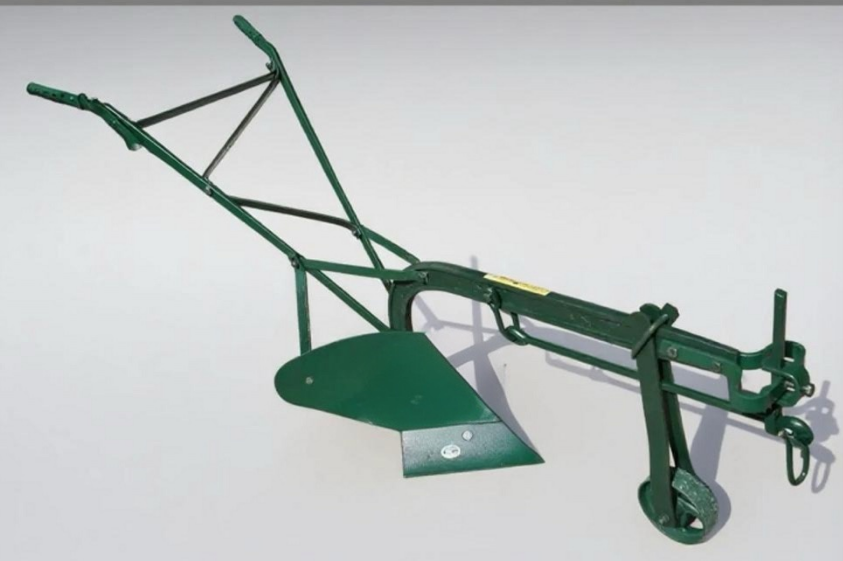 Plough Wheel Cast Iron Material Enhances Load-BearingNov-10-2025Plough Wheel Cast Iron Material Enhances Load-Bearing
Plough Wheel Cast Iron Material Enhances Load-BearingNov-10-2025Plough Wheel Cast Iron Material Enhances Load-Bearing -
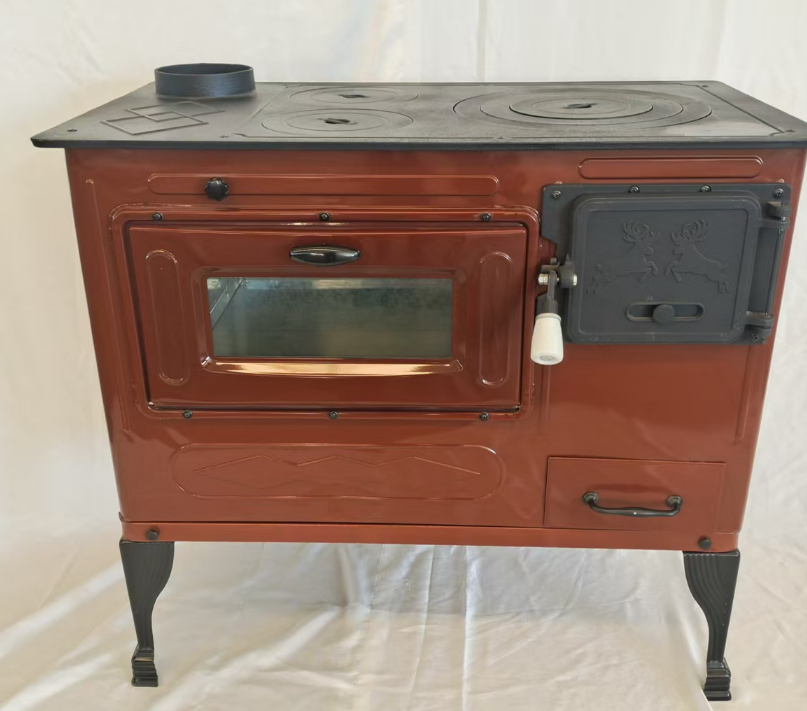 Cast Iron Cooking Stove Heat Retention Ensures Even Food HeatingNov-10-2025Cast Iron Cooking Stove Heat Retention Ensures Even Food Heating
Cast Iron Cooking Stove Heat Retention Ensures Even Food HeatingNov-10-2025Cast Iron Cooking Stove Heat Retention Ensures Even Food Heating -
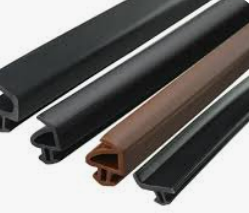 Rubber Strip Shock Absorption Protects Window EdgesNov-10-2025Rubber Strip Shock Absorption Protects Window Edges
Rubber Strip Shock Absorption Protects Window EdgesNov-10-2025Rubber Strip Shock Absorption Protects Window Edges





